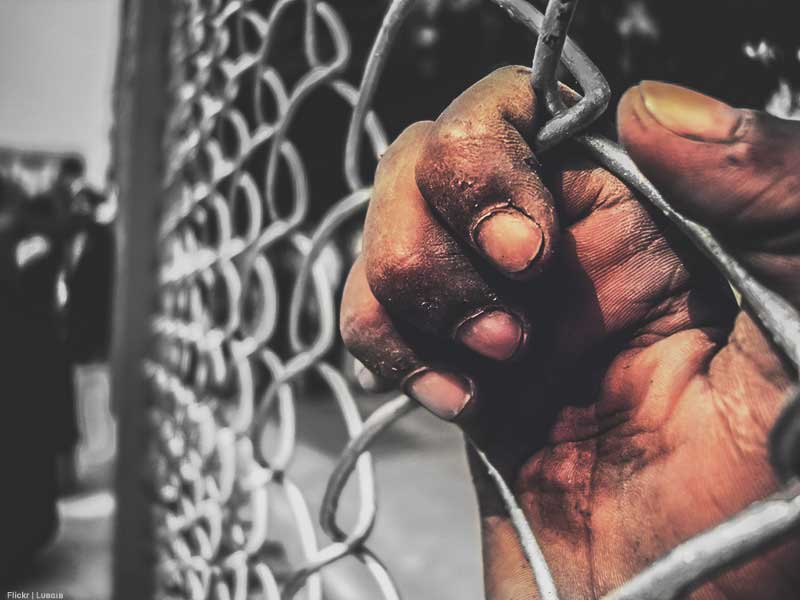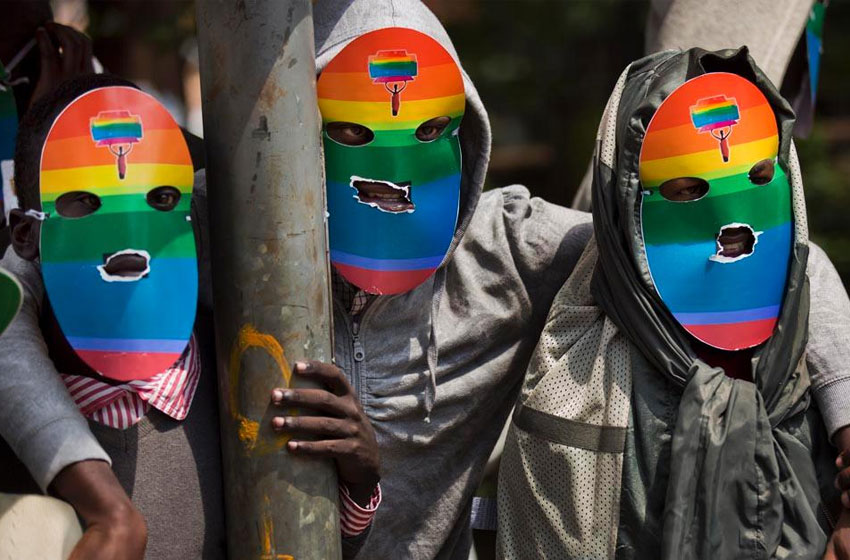.jpg)
101 things you wanted to know about the police but were too afraid to ask (Kenya)
The primary purpose of 101 Things You Wanted to Know About the Police But Were Too Afraid to Ask is to improve relations between the police and the public.

Reforming Kenya's Counter-Terrorism Strategy: What Should the Commonwealth Do?
18 March, 2016 By Uladzimir Dzenisevich On the night of 4th May 2015, around 9:00 pm, 48-year-old Affey Ali was sitting outside his home in Shalatey village, Wajir County, in North East Kenya, when men in military fatigues approached him and ordered him to lie face down.
Training and Workshops
Training RTI trainings for civil societies in Sri Lanka, Oct 28-31, 2018 Sharad Kumar (2004) AGNI Power Point Presentation on MRTI with Speaking Notes, first used at MRTI seminar organised by Mumbai Grahak Panchayat.
MEDIA STATEMENT HUMAN RIGHTS DAY – 10th December 2015
MEDIA STATEMENT HUMAN RIGHTS DAY – 10th December 2015 Today, December 10th, 2015, Commonwealth Human Rights Initiative joins people, governments and organisations around the world in marking the 65th Human Rights Day.

Gaiety in the Commonwealth? By Jill Cottrell Ghai and Yash Ghai
It is not easy being gay or lesbian in many countries, formerly British colonies, as in the middle of the nineteenth century Britain imposed on them Victorian attitudes to sex, particularly against homosexuality, through law.
Uhuru's Choice: either rule by consent or continue coercion
The British ruled Kenyan by coercion—massive coercion. The police were established not to protect the people or their rights (as in most countries) but to subjugate and exploit them.Coercion became the lasting British legacy to Kenya.